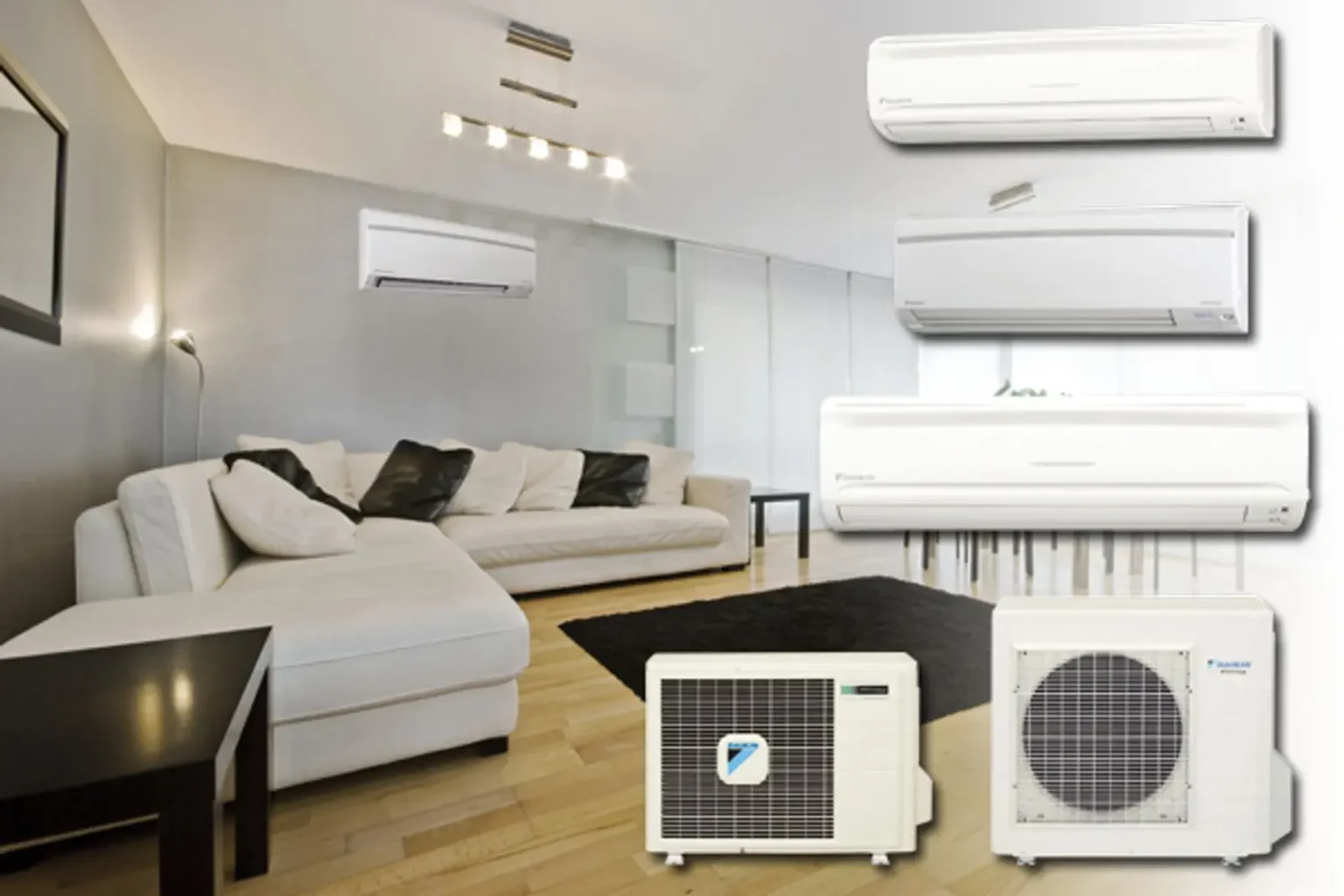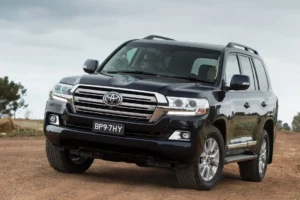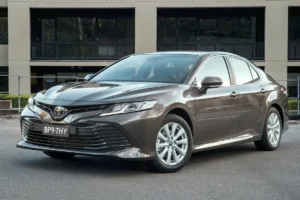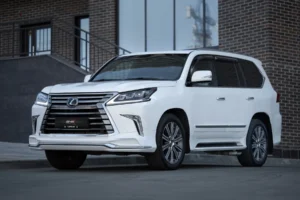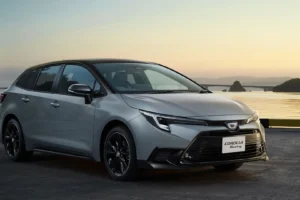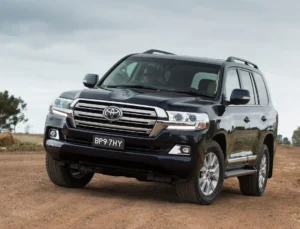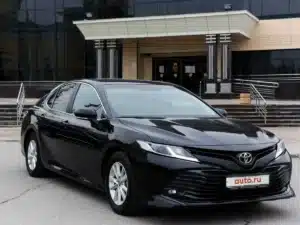Table of Contents
On a hot day, when temperatures soar and the air feels stifling, knowing how to choose an air conditioner becomes essential for finding relief. The right air conditioner can provide lasting coolness throughout the day without burdening your budget or consuming excessive energy. With countless models and types available, making the right choice may seem daunting, but with proper guidance, the process becomes much simpler.
In this article, we’ll explore the key factors to consider, helping you learn how to choose an air conditioner that ensures maximum comfort, efficiency, and value for your investment.
Comprehensive Comparison of Air Conditioner Types
When thinking about how to choose an air conditioner that suits your needs, it’s important to understand the different types of air conditioners available and how to choose the right one for your needs. There are several types of air conditioners, each with its own advantages and disadvantages, and it’s essential to choose the one that fits the space you need to cool and your budget.
Split Air Conditioners
Split air conditioners are one of the most popular options and are suitable for medium to large spaces.
Advantages:
- Efficient cooling.
- Relatively quiet.
- Requires minimal maintenance.
Disadvantages:
- High installation costs.
- Requires an external unit installation.
Window Air Conditioners
Window air conditioners are ideal for small spaces.
Advantages:
- Low cost.
- Easy installation.
Disadvantages:
- Less efficient for larger spaces.
- Can be noisy.
Evaporative Coolers
These coolers use water to cool the air and are suitable for dry areas.
Advantages:
- Energy-efficient.
- More environmentally friendly.
Disadvantages:
- Not effective in humid areas.
Gas Air Conditioners
Gas air conditioners provide fast and efficient cooling.
Advantages:
- Energy-efficient.
- Ideal for larger spaces.
Disadvantages:
- May require special installation.
- Requires regular maintenance to check for safety.
Central Air Conditioners
Central air conditioners are suitable for large spaces such as homes or businesses.
Advantages:
- Even distribution of cool air.
- Centralized temperature control.
Disadvantages:
- High installation costs.
- Requires modifications in the home.

How to Choose the Right Air Conditioner for the Climate
When choosing an air conditioner, it’s important to consider several factors that ensure both comfort and energy savings. Here are some tips that can help you make the right decision:
- Ensure the air conditioner has a high energy efficiency rating for optimal performance with minimal electricity consumption.
- Choose an air conditioner that is appropriately sized for the space you wish to cool or heat. A small air conditioner will not be effective in a large space, and vice versa.
- Consider selecting a model with modern technologies, such as turbo or variable cooling, as these provide faster and more efficient cooling.
- Maintain the air conditioner by cleaning the filters and performing regular maintenance to ensure continued efficiency and reduced energy consumption.
- Look for air conditioners that feature smart capabilities, such as automatic temperature control or operation when needed, which help reduce energy use.
- Ensure the space is well-insulated to maintain the temperature inside without requiring extra energy consumption.
How to Choose the Most Energy-Efficient Air Conditioner
When you begin thinking about how to choose an air conditioner, it’s essential to keep energy efficiency in mind. The EER (Energy Efficiency Ratio) and SEER (Seasonal Energy Efficiency Ratio) ratings help you determine how much energy the air conditioner consumes compared to the cooling it provides. The higher the number, the more energy-efficient the air conditioner is, which will lower your electricity bills.
Why is energy efficiency important?
Choosing an air conditioner with high energy efficiency helps you reduce electricity consumption. This not only lowers your monthly bills but also reduces your environmental impact. Energy-efficient air conditioners use less power and help decrease carbon emissions.
Comparing Energy Efficient vs. Non Energy Efficient Units:
- Energy-Efficient ACs:
- Lower energy consumption.
- Lower operating costs in the long run.
- Save you money on electricity bills.
- Non Energy Efficient ACs:
- Higher energy consumption.
- Higher monthly operating costs.
- Lower initial price but leads to increased monthly expenses.
Tips for Choosing an Energy-Efficient Air Conditioner:
- Check the EER and SEER ratings before purchasing.
- Choose modern, energy-efficient models.
- While high-efficiency models might have a higher upfront cost, they will save you money over the long term.
Steps to Determine the Ideal Cooling Capacity for Your Needs
When considering how to choose an air conditioner, one of the most important factors to consider is determining the cooling capacity based on the size of the room. The cooling capacity is measured in BTUs (British Thermal Units). The larger the room, the higher the required capacity.
- First, calculate the size of the room you want to cool. For small rooms (10 to 20 square meters), you’ll need an air conditioner with a cooling capacity ranging from 5,000 to 7,000 BTU. For larger rooms (30 to 40 square meters), a unit with 9,000 to 12,000 BTU will be necessary.
- Take into account the ceiling height. If the ceiling is higher than usual, you’ll need an air conditioner with a higher cooling capacity to cool a larger volume of air.
- Check the ventilation and insulation of the room. If the room has large windows exposed to direct sunlight or poor insulation, you’ll need a more powerful air conditioner.
- For rooms with many people, add 600 BTU per additional person, as they generate extra heat that affects the room’s cooling.
- Consider the heat from electronic devices in the room, such as a TV or computer, as they increase the temperature inside, requiring an air conditioner with a higher capacity.
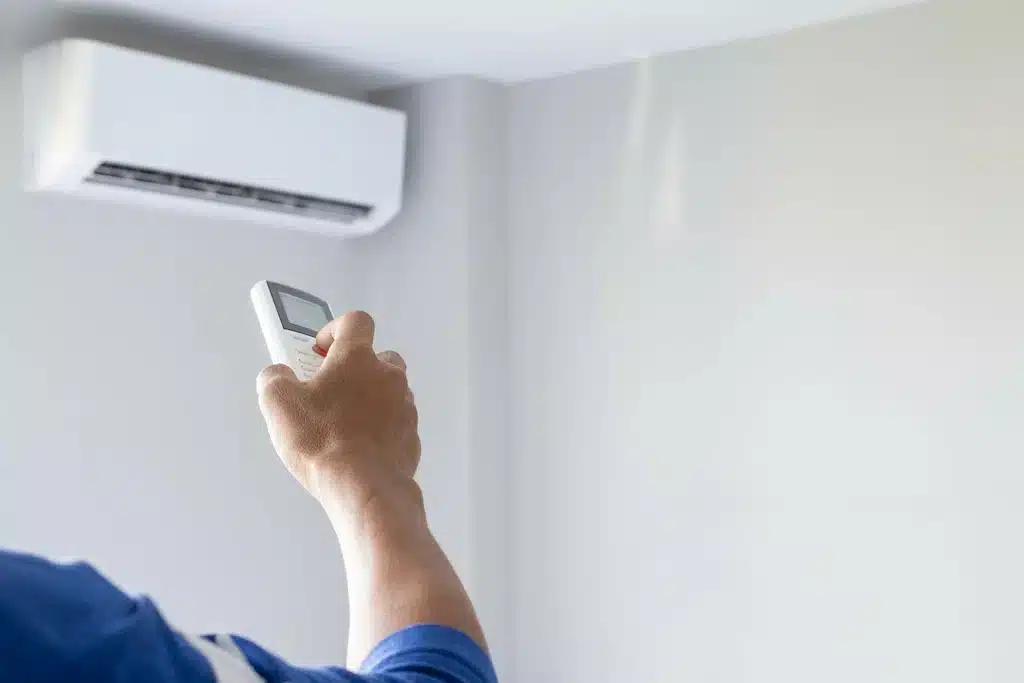
Tips for Choosing an Air Conditioner that Fits Your Budget
When you decide to buy an air conditioner that suits your budget, you need to consider several factors beyond just the price. How to choose an air conditioner requires you to accurately define your needs and budget to ensure you get the best value.
- Determine the size of the space you want to cool. If you need to cool a small room, a small or medium-sized air conditioner is a good choice. For larger spaces, opt for a higher capacity unit.
- Ensure you choose an air conditioner with low energy consumption, as how to choose an air conditioner that saves energy can help reduce electricity bills in the long run.
- Look for units that feature inverter technology, as they operate more efficiently and adjust to temperature changes to save energy.
- Take advantage of discounts and promotions, especially during seasonal sales like the start of summer or winter, to get a high-quality air conditioner at a reasonable price.
- Make sure the air conditioner has safety features like automatic shut-off in case of any malfunction.
- Choose an air conditioner that is easy to maintain to ensure it continues working at optimal efficiency.
- Compare prices between different brands to find the best option that fits your needs and budget.
In conclusion, after offering you valuable tips on how to choose an air conditioner that best fits your needs, you can now make an informed decision with confidence.
Soum offers a wide range of reliable and diverse appliances that suit your needs, along with expert advice to help you make the right choice. Browse soum today for a seamless shopping experience and enjoy the best quality at the best prices.


